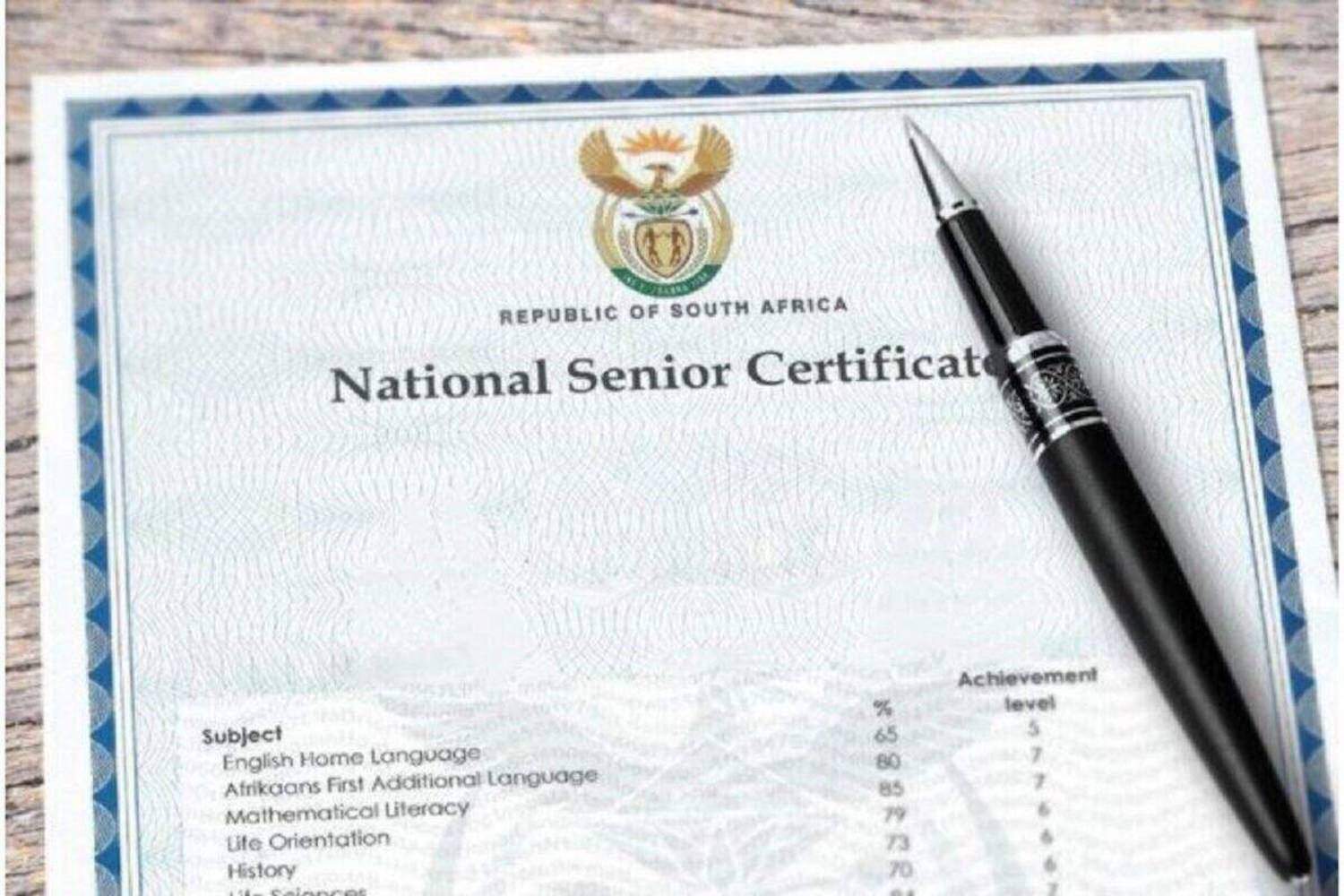According to the department, candidates are urged to get their statements of results from their school/centre where they wrote the exams.

Matric pupils across South Africa write their final National Senior Certificate (NSC) papers today, Thursday, 27 November 2025, according to the Department of Basic Education (DBE).
But what happens once all the exam papers have been written?
The DBE says marking will continue throughout December, with results scheduled for release to candidates on 13 January 2026 and on 16 January 2026.
According to the department, candidates are urged to get their statements of results from their school/centre where they wrote the exams.
“Candidates’ results will also be available on this website from 6am on 13 January 2026.
“Result queries should be submitted for investigation within 30 days after the release of results,” it said
Candidates who spot errors on their statements, such as incorrect names or ID numbers, must report corrections to the department before 20 February 2026.
Questions to ask before choosing a tertiary institution
With the pressure of exams finally over, thousands of matrics now face a different challenge: deciding where and what to study next year.
Education experts say the weeks between now and the release of results are the ideal time for pupils to think carefully about their options and ask tough questions before accepting an offer from any tertiary institution.
ALSO READ: No pens down, urges education department as matric celebrations gain momentum
1. Does the institution align with who you are?
Lionel Botha, Inspired Education South Africa’s education and ethos liaison, said pupils often rush to secure a place without reflecting on their personal identity or long-term goals.
“Students should reflect on their interests, working style, values and long-term aspirations,” he told The Citizen.
“The right tertiary environment should support both their academic goals and the kind of person they hope to grow into.”
Botha said self-awareness is foundational when making a life-shaping decision.
An institution’s culture and teaching approach can influence a young adult’s confidence, resilience and long-term direction.
ALSO READ: Here’s how many schools in your province now offer mother-tongue based education
2. Will the programme truly excite you and support your future career?
Botha warned that pupils often choose courses for the wrong reasons, including external pressure.
“It’s essential to check whether the institution offers the course or specialisation that sparks curiosity, challenge and joy,” he said.
Students should consider curriculum content, lecturer expertise, graduate outcomes, and opportunities for practical learning.
Richfield chief academic officer Shireen Chengadu gave similar advice.
“Start by identifying what genuinely interests you,” she said. “Research shows a strong correlation between personal interest and academic performance.”
She urged pupils to review job advertisements from leading employers to see whether a degree, diploma or higher certificate is required in their desired field, and to check their admission score points to determine eligibility.
ALSO READ: Matrics, here’s what you are writing on Thursday
3. Is the location and lifestyle right?
The decision to study close to home or move away affects both academic success and personal development.
“Distance from home, the choice between boarding and commuting, campus culture and the surrounding city or town all shape the student experience,” Botha said.
Pupils should consider whether they are ready for full independence or if they need the support of staying nearby.
Chengadu said these lifestyle questions also influence the choice between distance and contact learning.
“If you’re a Gen Z matriculant who can study on campus, contact learning offers a rich experience with structured academic and peer engagement,” she said.
Distance learning, she added, suits pupils who want to start working after matric or professionals looking to upskill. But, she warned, whichever model pupils choose should come with “a proven track record of delivery” and strong academic support.
ALSO READ: DBE puts its foot down as performance goals shoot through the roof
4. Does the institution offer strong support systems?
Botha said pupils should look beyond academics when choosing an institution.
“Wellbeing services, mentorship, academic support, financial assistance, residence life, and career guidance” all contribute to student success.
Chengadu stressed the importance of accreditation.
“All tertiary qualifications, whether public or private, must be accredited by the Council on Higher Education and recognised by the South African Qualifications Authority and the DHET,” she said.
She noted that the DHET’s newly promulgated policy framework will soon allow private institutions to be reclassified as universities, recognising their growing role in the sector.
But a qualification alone is not enough, Chengadu warned.
Institutions should provide work-integrated learning, industry exposure, technology-driven skills and opportunities that build “intentional, lifelong learning habits”.
NOW READ: MEC weighs in on foreigners in schools
Support Local Journalism
Add The Citizen as a Preferred Source on Google and follow us on Google News to see more of our trusted reporting in Google News and Top Stories.








